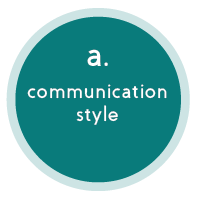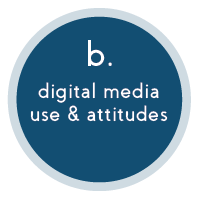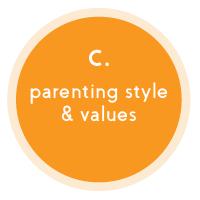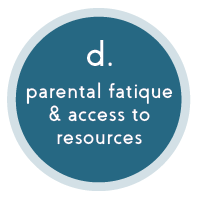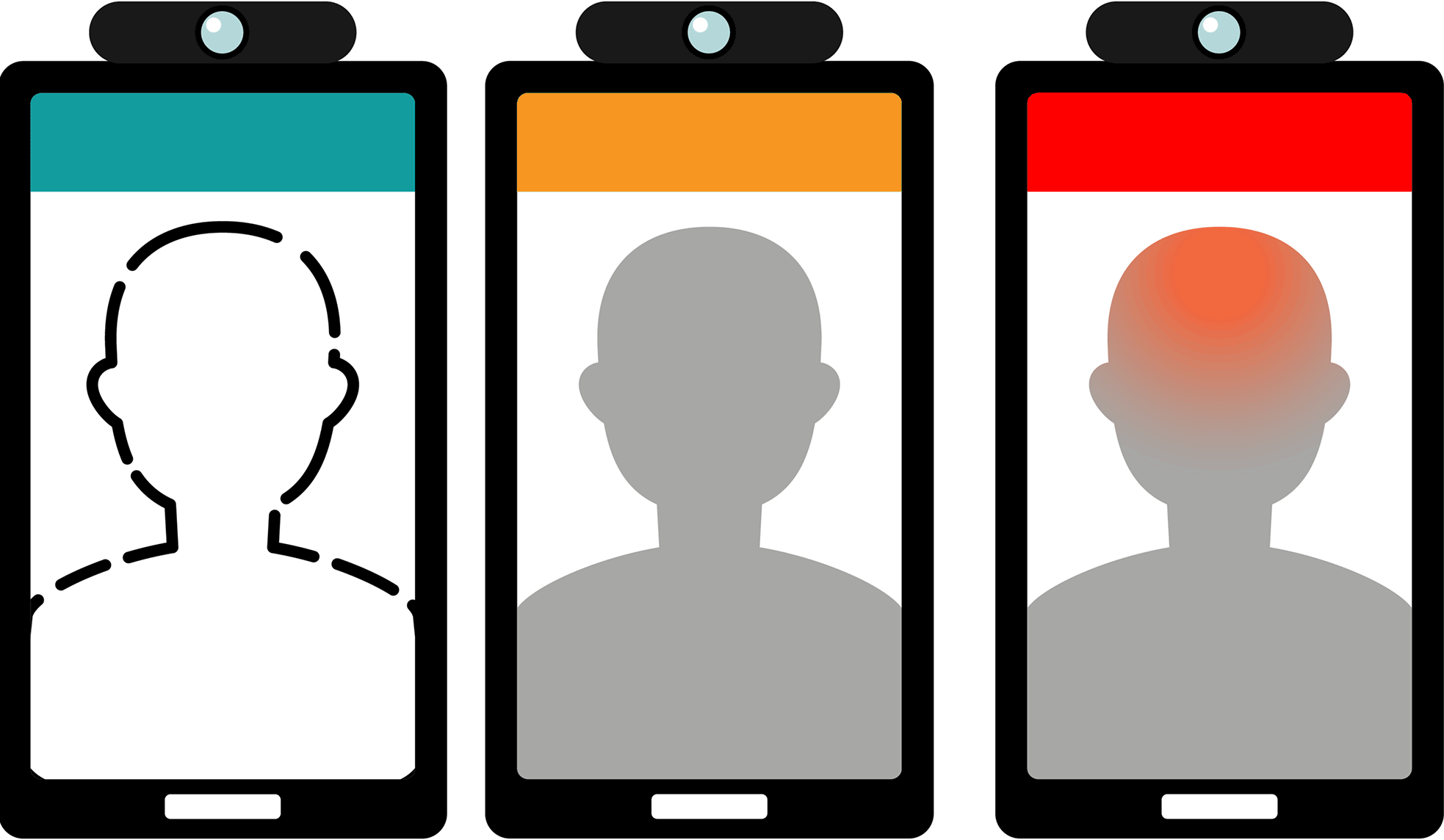FITS-IA®

FAMILY engagement
INTEGRATED TREATMENT
SOCIAL connection
for treating
INTERNET ADDICTION
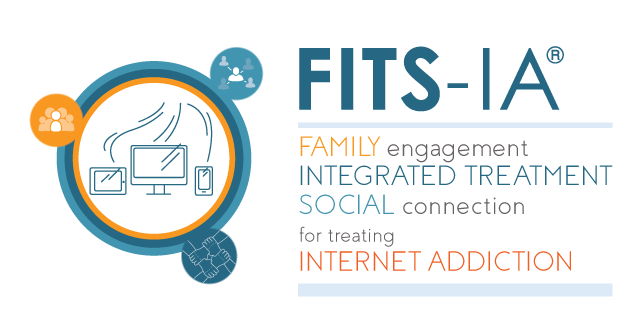
The dTEC® signature approach to the treatment of Digital Media Overuse (DMO) and its impact on the family, mental health, self-growth and development.
The FITS-IA® approach is a systemic treatment approach that prioritizes involvement from both the individual and the family. Clients who struggle with digital media overuse (DMO) issues may experience:
- Depression
- Anxiety
- Family Conflict
- Social Isolation
- Sleep Disturbances
- Poor Concentration
- Attention Issues
- Anger / Aggression
- Health Problems
- Poor Hygiene
- Eating & Weight Issues
- Hopelessness & Despair
- Self-harm Behaviors
- Suicidal Feelings
FITS-IA® stands for Family engagement, Integrated Treatment, and Social connection for treating Internet Addiction. It provides protocols and procedures for therapists and other related professionals to assess and treat those struggling with digital media overuse (DMO) or addiction. Clients are treated in the context of how they are functioning within their families and social systems. In this way, real-time, effective intervention and treatment approaches can be implemented to stabilize the compulsive behaviors and treat common co-occurring diagnoses, such as social anxiety and depression.
The FITS-IA® approach requires a collaborative group of professionals working together to develop and provide a personalized therapeutic plan for clients and their families using a Family Systems therapy approach and thoughtful interventions specific to the unique challenges of each client.
The Family Agreement©:
The Foundation of FITS-IA®
A key step towards intervening in and stabilizing the client’s digital media overuse (DMO) behaviors and conflictual family relationship is the development of the Family Agreement©
The Family Agreement© is an agreement developed with the client and their family that clearly outlines expectations, consequences, and rewards related to more balanced digital media use and more effective communication and establishes healthy boundaries for reducing conflict in the family system.
The Family Agreement© is evaluated and updated as goals are met and expectations change. Parent coaching between sessions supports follow-through, consistency, and ultimately, stability of the family system.
FITS-IA-trained clinicians evaluate the following areas, provide education and engage with the client and their family in a therapeutic process to eventually develop a useful Family Agreement© : (a) communication style; (b) parents’ digital media use and attitudes; (c) parenting style and current approach to the child’s problematic Internet behaviors, family values; and (d) level of parental fatigue & access to resources.
